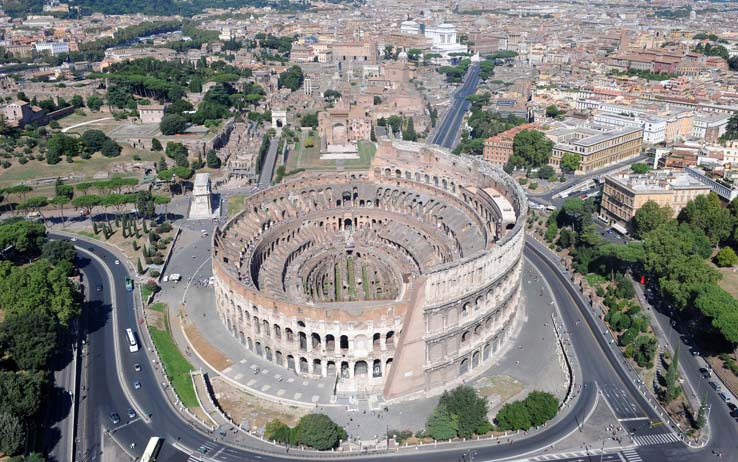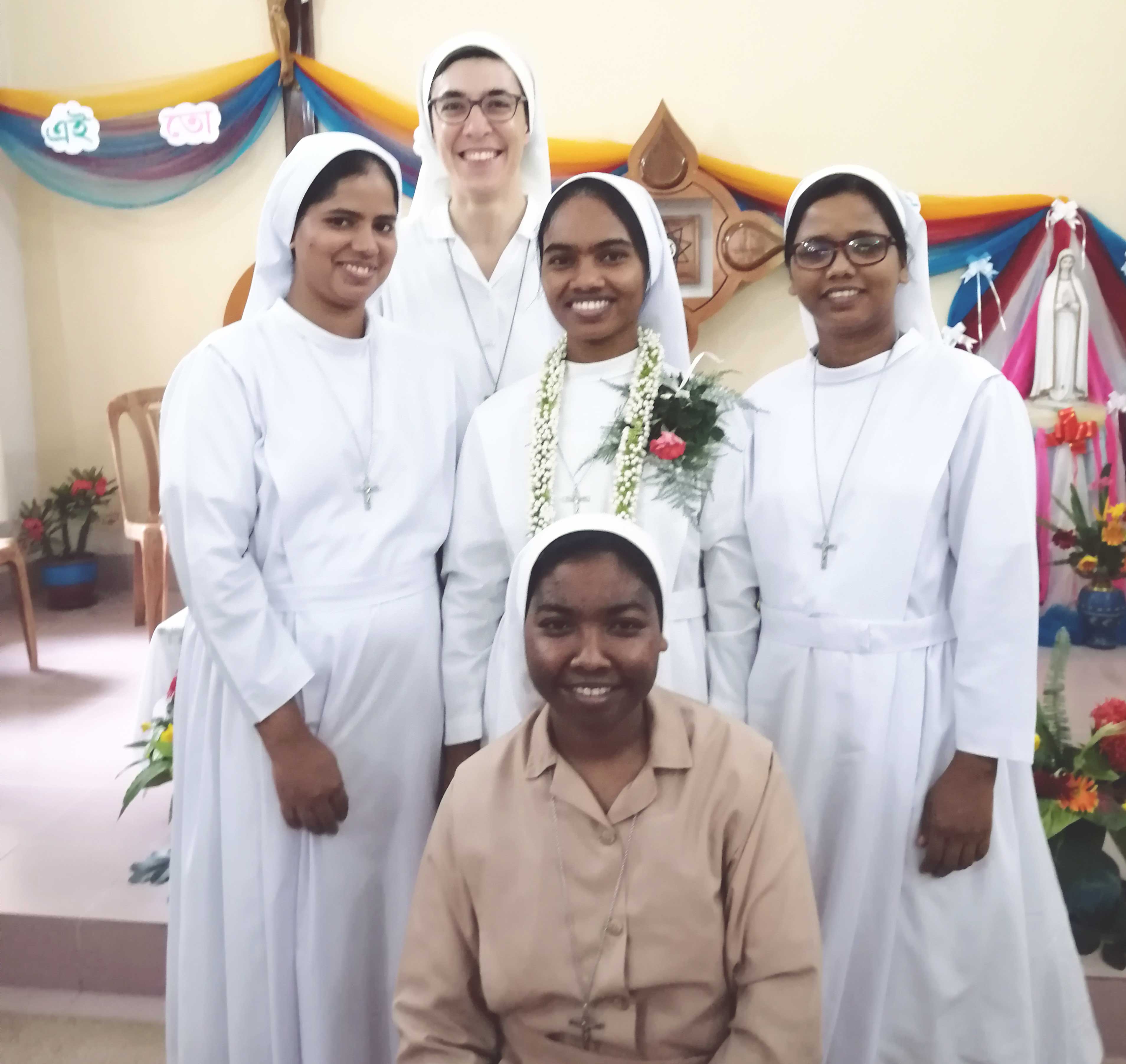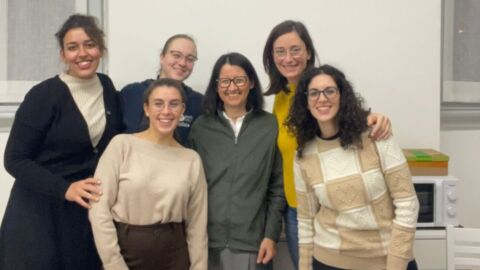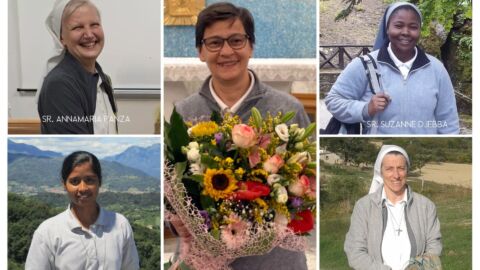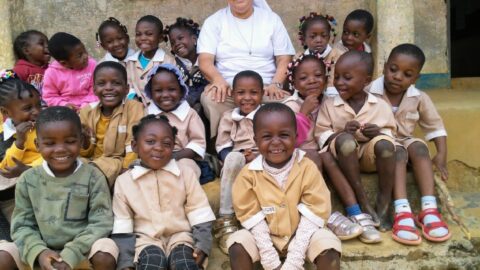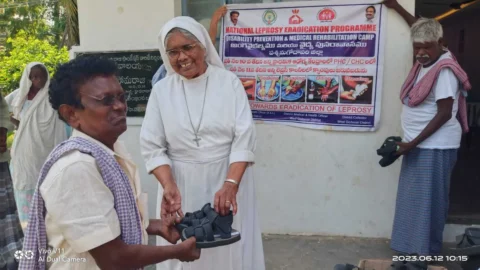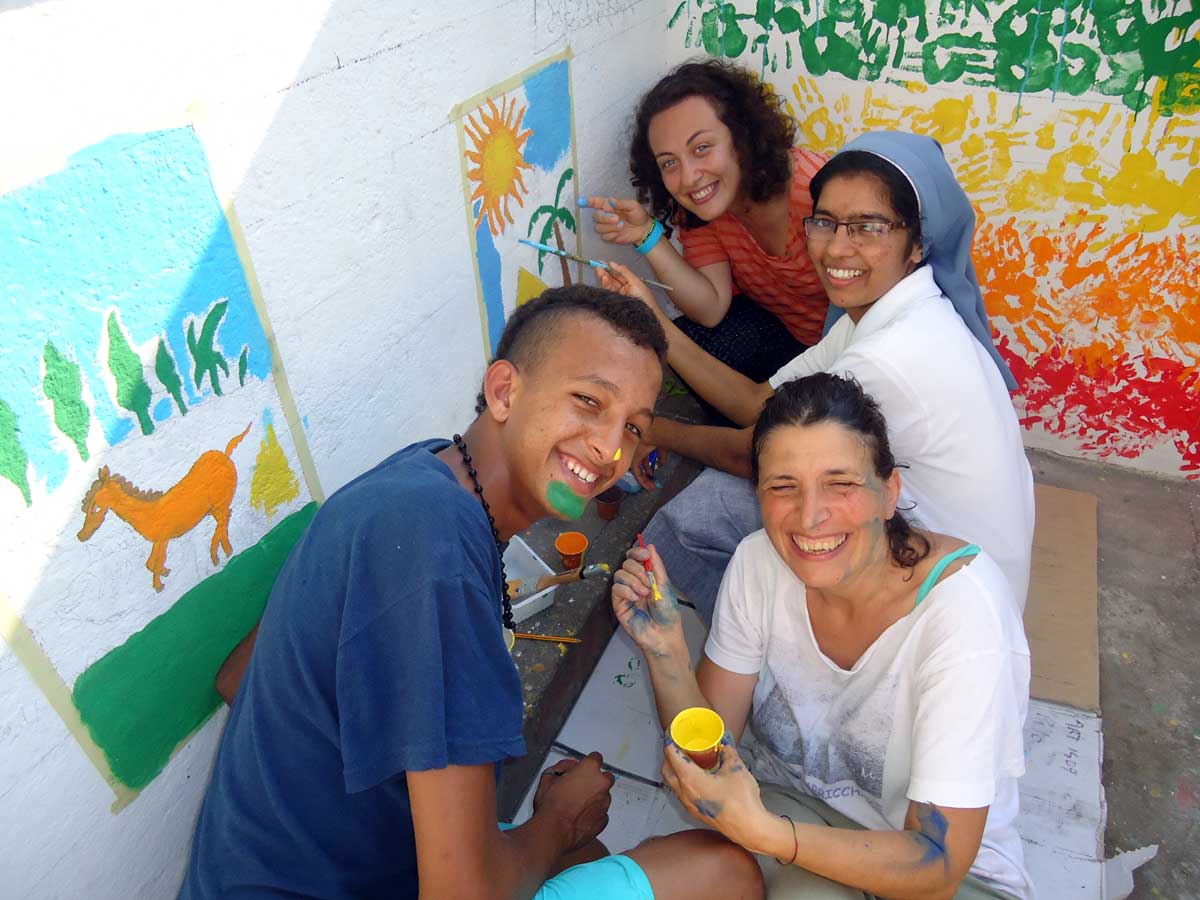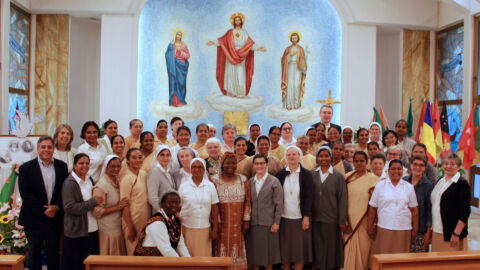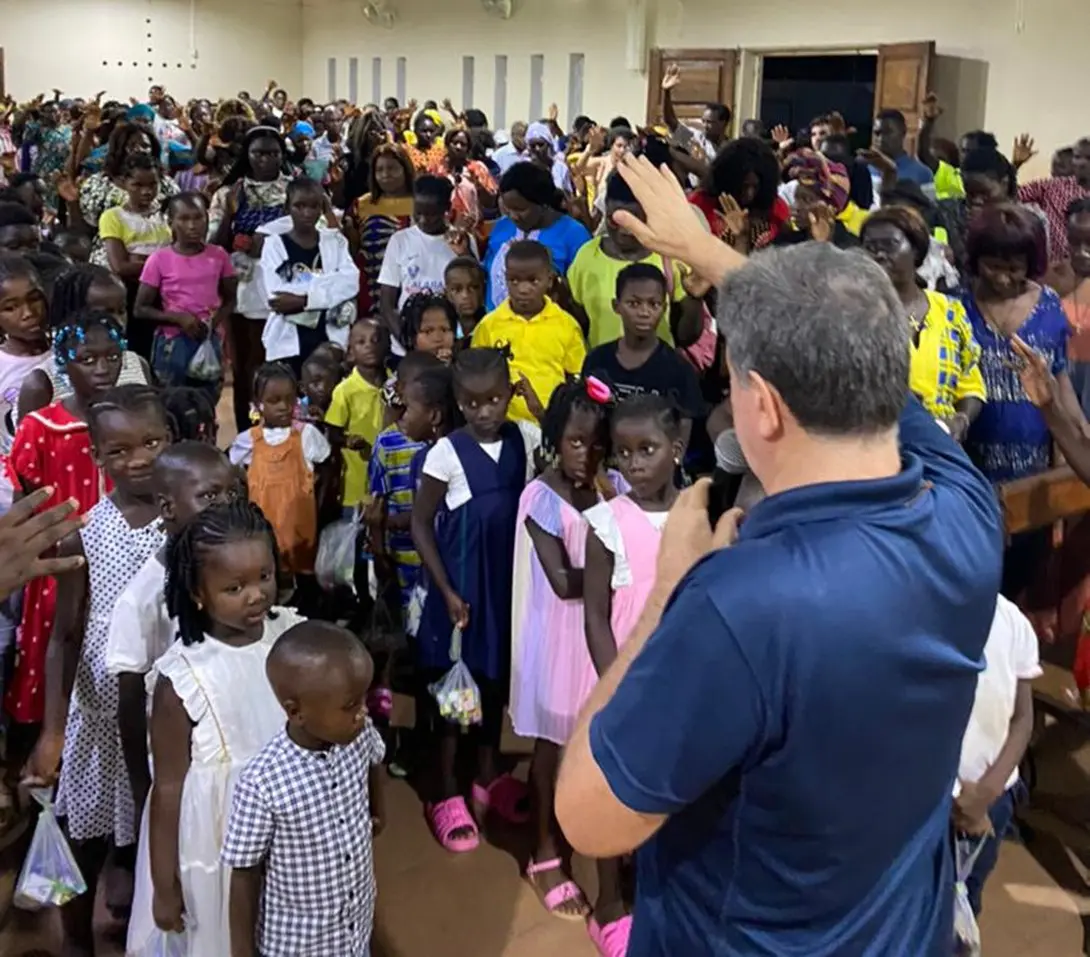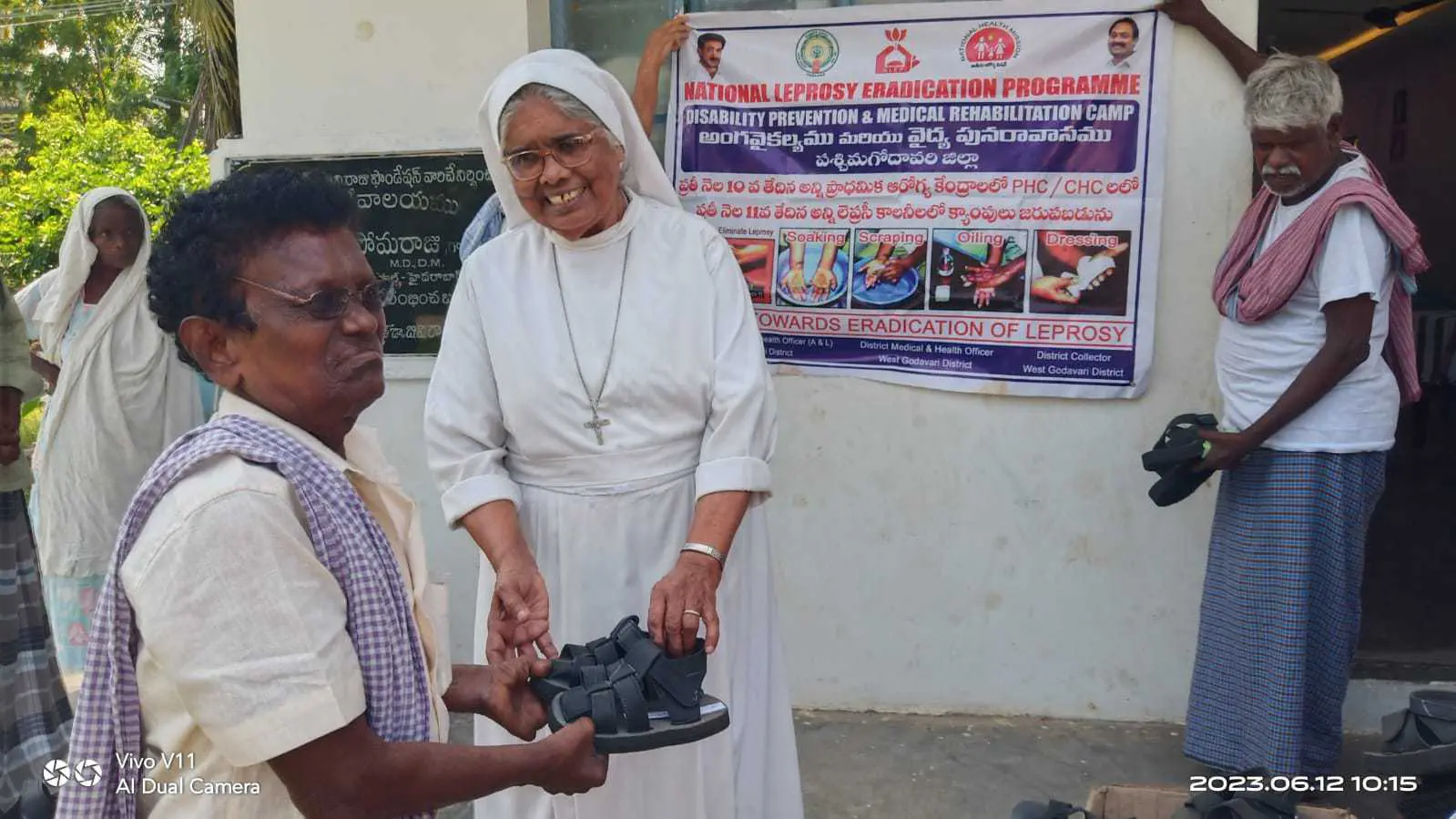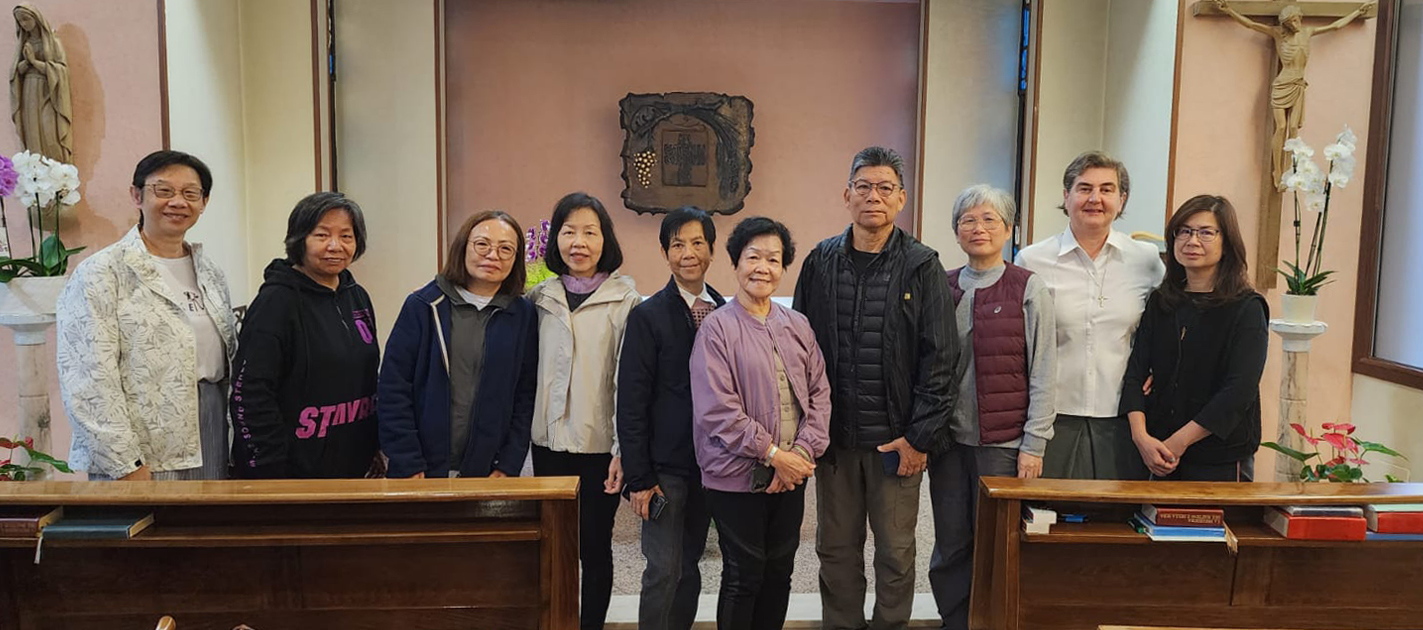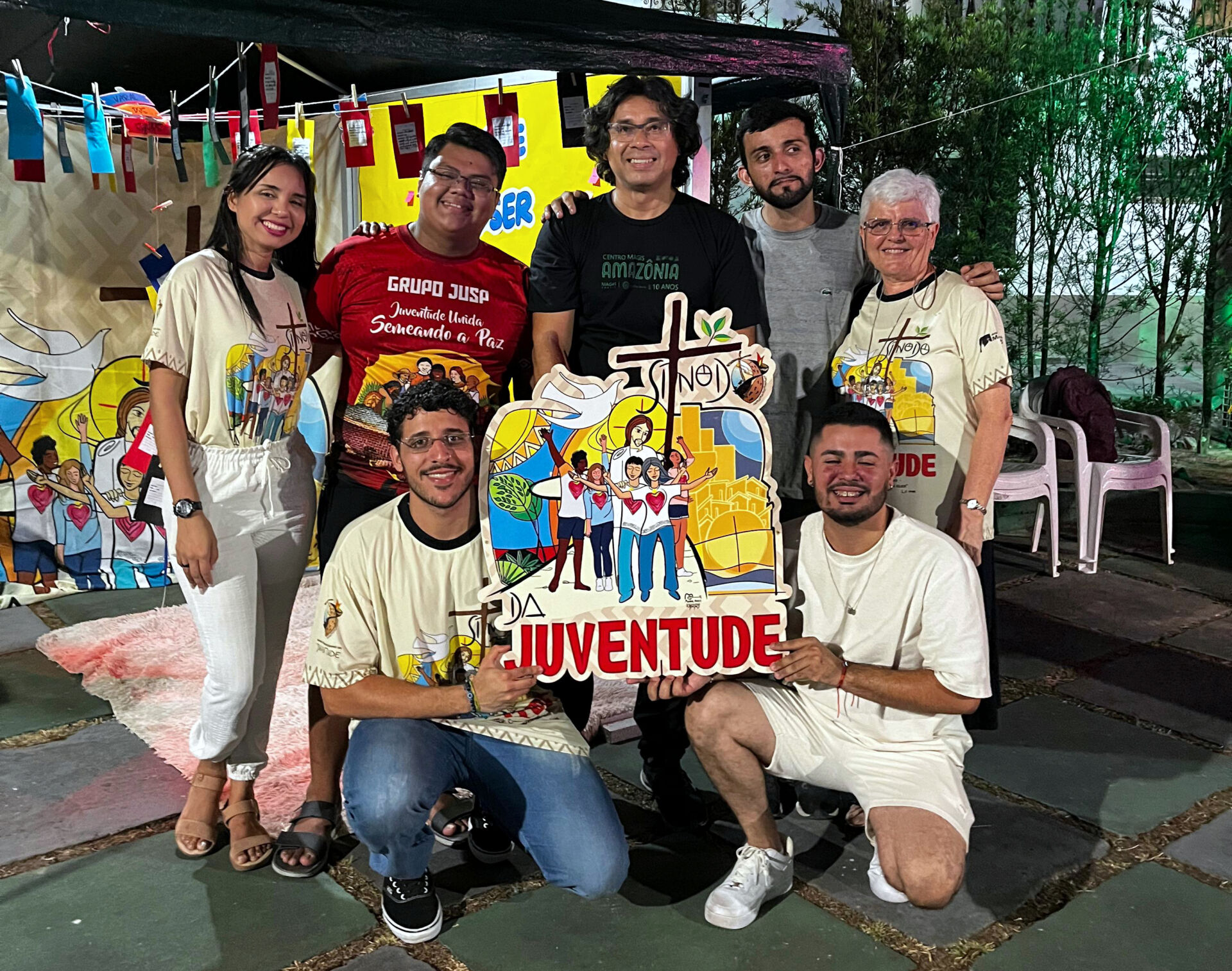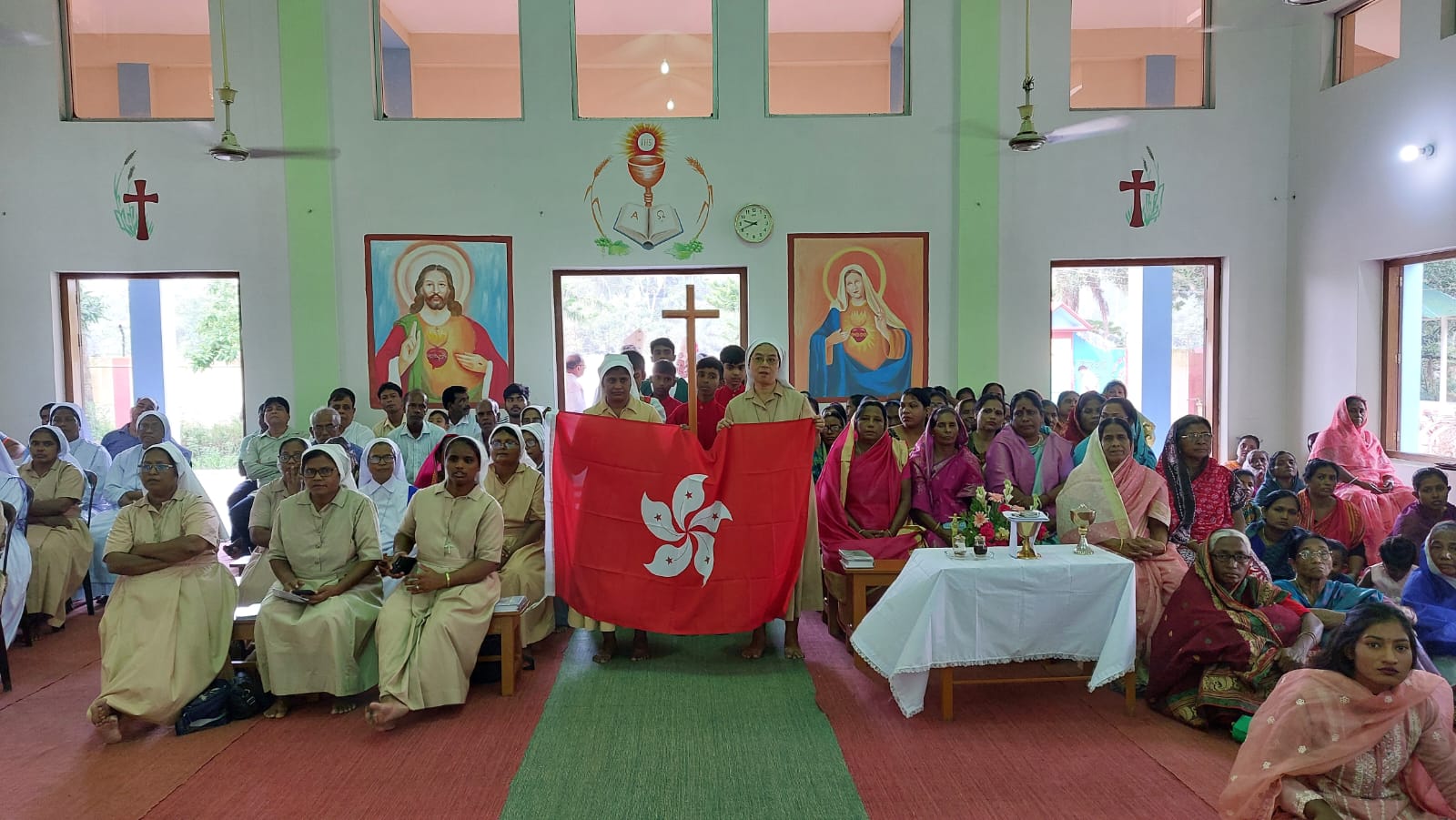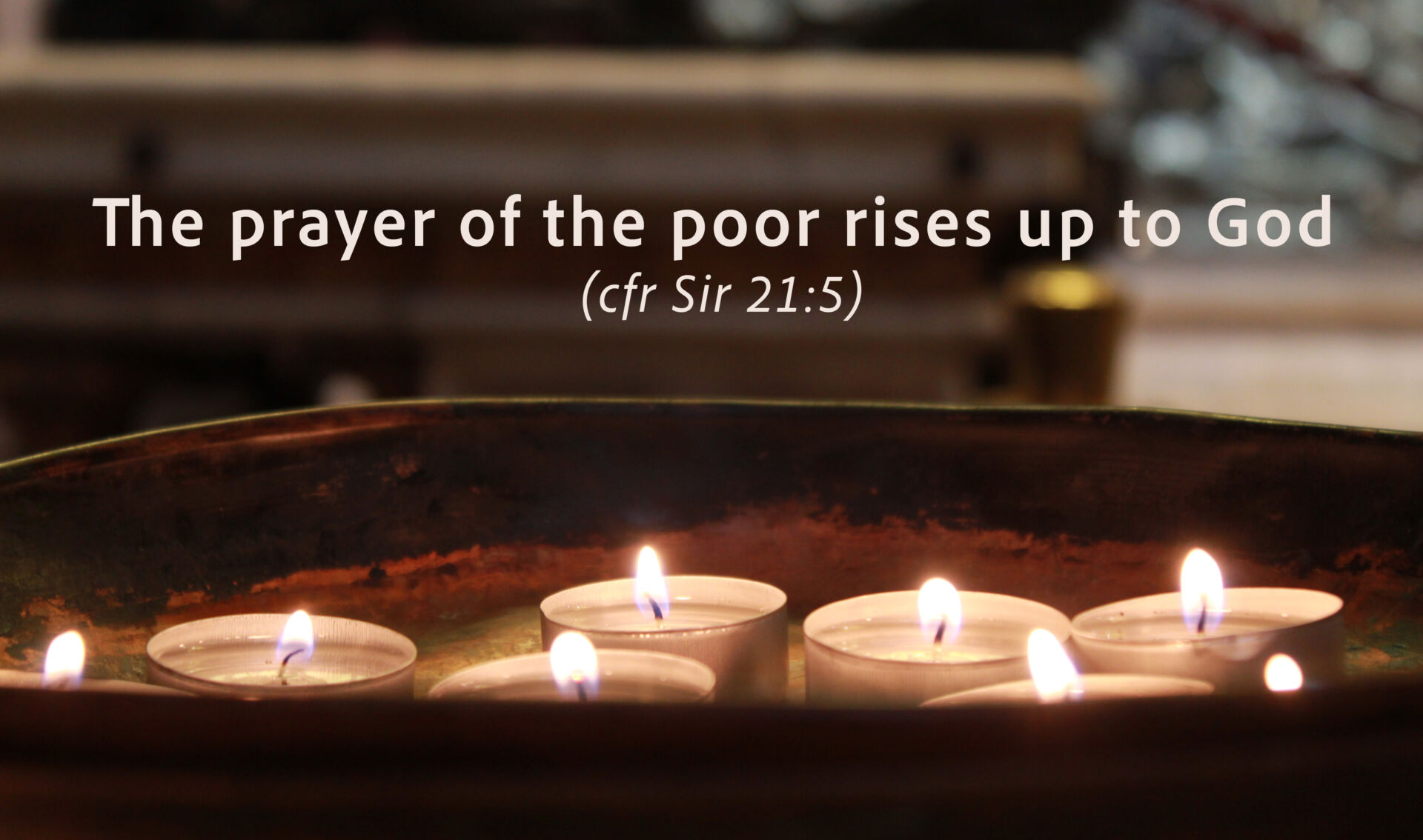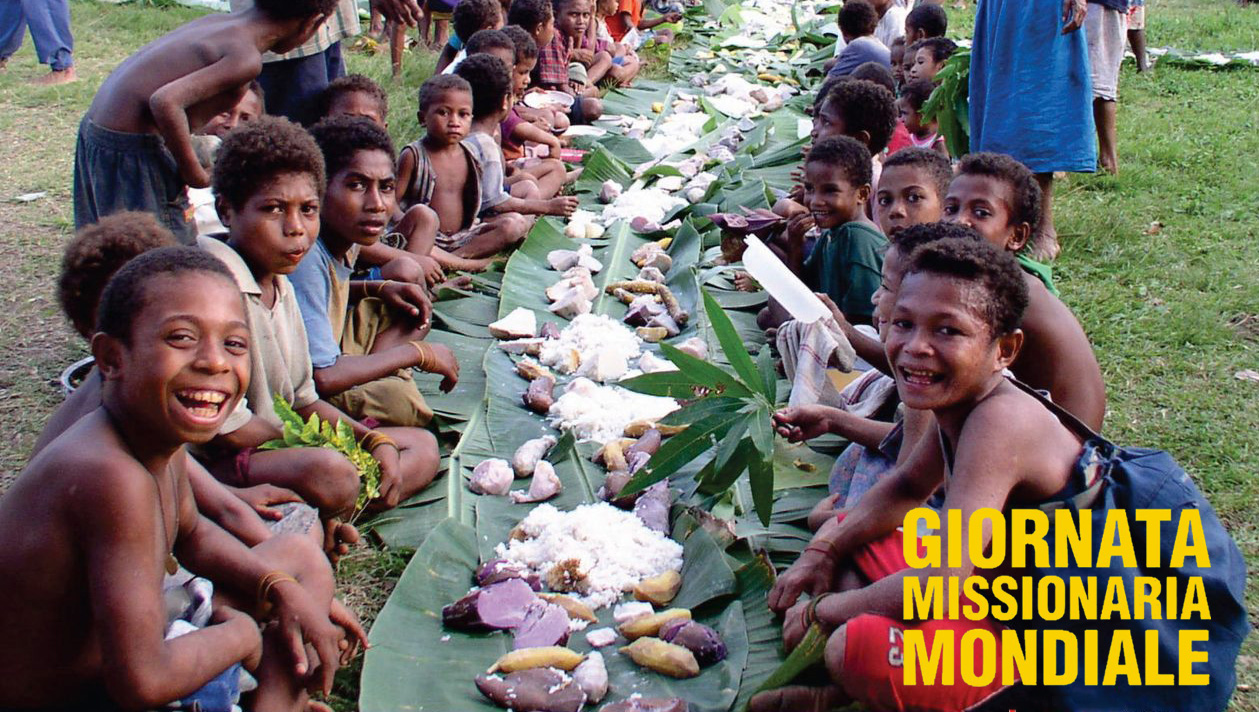Pandemic: The word I had only read in the dictionary… I see it in our reality now. This virus has entered our homes, our countries, our ecclesial realities, overturning everything.
From my office, connected with the world by a computer screen, the spread of this virus was like a wave that involved the whole world. Instead of winning to recreate the uprising effect, humanity slowly fell into a health emergency that crossed the borders of states, one after the other, without applying for a “visa”. It had easier access where security measures were not taken on time and it was more difficult to spread where people stopped meeting and having a social life whose value we had forgotten because we were used to living it.
The schools, the universities and the entire cities are closed. Domestic and international flights have reduced and everything has suddenly slowed down. Everyday life has stopped in cities. The beautiful city of Rome has not lost its attraction but it has turned into a lifeless city.
While it was difficult for people to cross borders, the virus circulated freely, killing lives and causing a lot of suffering. We found our tickets cancelled, our schedules postponed, sisters who had to return from the mission to visit their family were unable to come and others who were unable to leave for their missions from their homelands.
We had to change our “way of living together”: safety distance, greater attention to personal and communitarian hygiene rules, limitation to go out for various offices. Whoever gets into our house comes very carefully … with a mask, sometimes asking with a low voice: “is there any infected person?” and we receive them wearing a mask and replying to t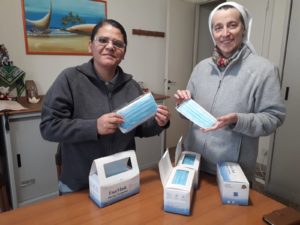 hem from a distance.
hem from a distance.
Even our way of praying has turned into “virtual”. We have listened the Pope’s homilies and got into Santa Marta without moving from home. We went to the parish thanks to a smartphone and attended the Sunday mass without going out of our community. We prayed the rosary for Italy, in communion with our bishops and the faithful of good will, sitting in front of a TV. On 27th March, we went to St. Peter’s through the screen.
We felt the sadness of being on the same boat shaken by the storm and we prayed for the world with the Pope.
However, living the culture of the encounter is a necessity and so we have found a way to stay close to each other. We “migrated” into the virtual world … some of us with distrust, nostalgic for physical contact that is not possible for now, others intensifying previous familiar practices. We have adapted, like the water that penetrates where it finds an opening, a possibility, and a possible way without putting the community at risk.
We began to feel “close” through the telephone, whatsapp, e-mail to send a comforting message or to receive a prayer request. The online services have allowed us to donate funds to charity organizations working inside and outside the Italian territory. As missionaries, we continue to live our prayers, in listening through telephone, in being a bridge between those who needed and who could help. The virtual world was for us here the only possible space to encounter on the other side, to receive and give updated information, to get to know more closely, what happens in our missions in the world.
From this unique expe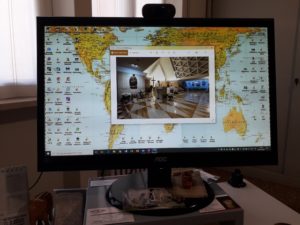 rience, I can say that in Italy solidarity has won, not the virus. We have found out that we can be united even if we cannot leave the house, that music and creativity are some of the marking features of the Italian people and reveal their desire to live and meet the others even by looking out of their balconies.
rience, I can say that in Italy solidarity has won, not the virus. We have found out that we can be united even if we cannot leave the house, that music and creativity are some of the marking features of the Italian people and reveal their desire to live and meet the others even by looking out of their balconies.
Solidarity has become visible in those people who risked their lives for the others and who did not only protect themselves, but also protected the lives of the people who were most vulnerable by a gesture, a word, a sacrifice so that the other could live.
Pope Francis, in his homily on Holy Thursday, said: “I can’t allow this Mass to pass by without mentioning the priesthood and all the priests who offer their lives for the Lord. Pope Francis recalled that in these dramatic days marked by the coronavirus pandemic have died here in Italy more than 60 priests while caring for the sick, together with doctors and nurses in the hospitals. “They are our ‘next-door-neighbour’ s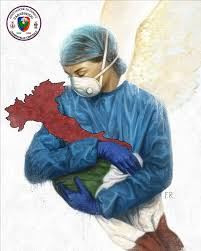 aints,” who have given their lives to serve the Lord”.
aints,” who have given their lives to serve the Lord”.
Here in Italy many priests, religious people, doctors and nurses, law enforcement officers, workers who guaranteed essential services because they exposed themselves to the risks of a contagious disease in order to be close to their brothers and sisters who were in need or to do their own responsibility at the service of the community.
One thing is certain: despite the uncertainty regarding our future and the midst of so much suffering, we did not let our hope be stolen. We lived in solidarity and recognized who are “the saints of next door” today!
Sr. Rosanna Marchetti, GD Community Rome

